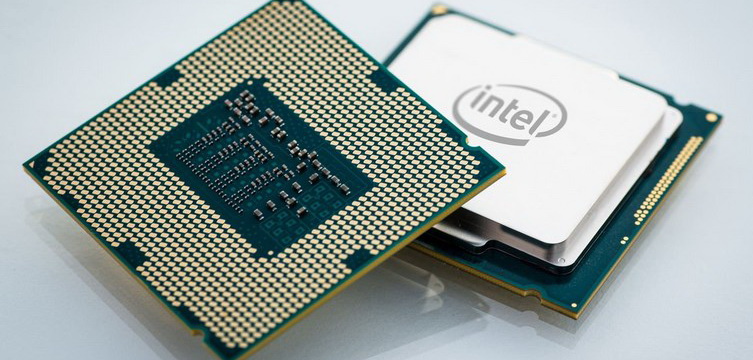On
the bright side, ignoring desktop PCs for a year may lead to pent-up demand for
Skylake.

An
Intel executive has admitted that the chipmaker goofed up by passing over the
tower desktop PC market with its 5th-generation Broadwell processors.
With
Broadwell, Intel focused mainly on laptops, miniature desktops, and
all-in-ones. This left traditional desktop users with no new socketed CPU
options beyond 4th-generation Haswell, which first arrived in 2013. Although
Intel finally coughed up a pair of Broadwell desktop chips this past summer,
the company launched its high-end 6th-generation Skylake CPUs very shortly
thereafter.
At
a recent industry conference, Kirk Skaugen, senior vice president and general
manager of Intel’s Client Computing Group, admitted that skipping desktops with
Broadwell was a poor decision. Between the end of life for Windows XP in 2014
and the lack of new desktop chips, Intel hasn’t given tower PC users any good
reasons to upgrade in 2015.
“We
made an experiment and we said maybe we are putting technology in to the market
too fast, but let’s not build a chip for the mainstream Tower business, more
than a $10 billion business,” Skaugen said, as first reported by WCCFTech.
“Turns out that was a mistake.”
The
silver lining for Intel is that it’s now looking at pent-up demand for Skylake
CPUs. The whole reason Skaugen admitted Intel’s error to investors was to
explain that things are now looking up. In PCs as a whole, Intel is expecting
“slightly better than seasonal or high-end to seasonal” demand this quarter.
The
impact on you at home: In the near future, the lack of new desktop chips will
be a moot point with the arrival of Skylake CPUs. But in skipping Broadwell,
Intel appears to have learned a lesson: The users who make up the $10 billion
desktop tower business actually care about having the latest and greatest. In
the long run, it’s unlikely that Intel will “experiment” with neglecting them
again.
Source: pcworld.com